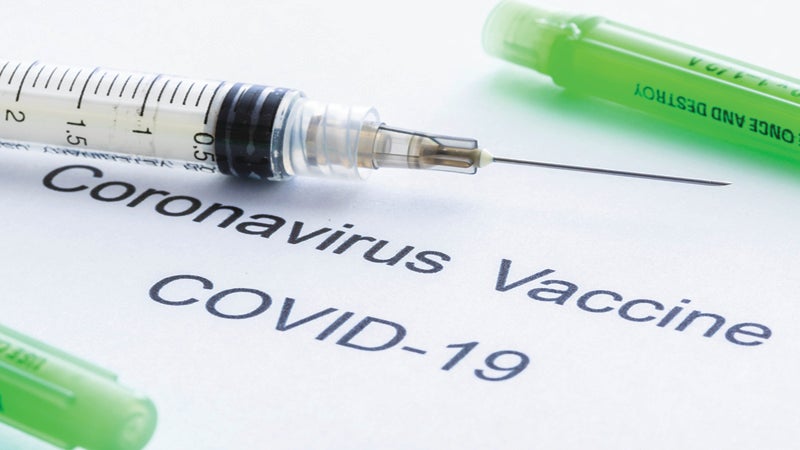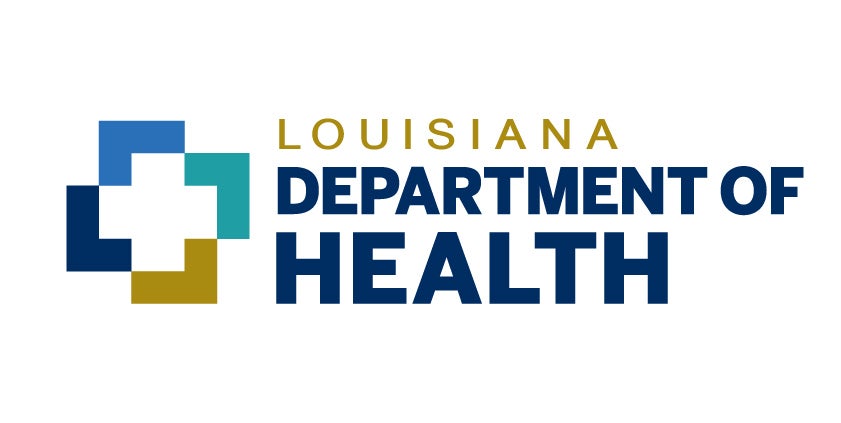McCrossen: What to expect when you’re expecting during hurricane season
Published 12:00 pm Saturday, June 20, 2020
|
Getting your Trinity Audio player ready...
|
We are in the midst of hurricane season and a pandemic. For pregnant women and families with small children, it’s important to take extra steps to ensure that everything goes smoothly, whether you are evacuating or staying home to shelter-in-place. This can be a scary situation, but preparing now can spare you from unnecessary worries during a power outage, an evacuation or storm recovery.
To help prevent stress that may occur down the road, try these tips so you can have an evacuation plan already in place.
What expecting moms should know to be prepared
- Create a family action plan so everyone is clear about what needs to take place before and during evacuation.
- Create a birthing plan. It is highly recommended to plan an alternate birth location in the event of road problems or evacuation, especially if it’s close to your delivery date or if you are high-risk. Discuss with your doctor’s office where you will be and whether it’s safe for you to leave prior to the storm. Also, your physician should have a current phone number for you.
- 3. Create an evacuation checklist.
- Prenatal care record and immunizations.
- Two weeks’ of prenatal vitamins and prescriptions
- Phone numbers and locations for local OB/GYN/midwives in the event you cannot reach your regular provider during evacuation. Go to acog.orgto find an OB/GYN for your evacuation location (state and country).
- Your birth bag. In addition to the normal items, be sure to also pack a mask for you and anyone else in your family that you are evacuating with.
- Extra cleaning supplies for when you bring the baby home to your evacuation site. With COVID-19, you want to ensure that any areas you are laying your baby down are clean and disinfected.
- Breast pump (if breastfeeding).
- We are also in the middle of a pandemic. If you are evacuating, it is important to contact the local hospital where you plan to evacuate to and ask questions on how they are handling COVID-19. Some questions should include:
- How are they handling/testing for COVID-19?
- What safety measures do they have in place? Are they doing temperature checks, handing out masks, etc.?
- What is the visitor policy? Depending on the policy, if you are evacuating with your entire family or if you plan to stay in town and have your other children with you, it is important that you have the appropriate childcare in place.
- If you seek help at a shelter, immediately notify them of your pregnancy and get information about the location of hospitals in the area.
- Floodwaters after a storm may carry all forms of infectious agents and toxic chemicals, which can harm both you and baby. If you are in a flood-prone area, it’s a good idea to evacuate so you can avoid being put in such a situation.
Learn the signs of preterm labor
Hurricanes do not directly cause labor to happen. Labor is expected anytime between 37 and 42 weeks and should be planned for accordingly. However, stress is a major factor in preterm labor, but early preparation and planning can help reduce stress levels.
If you experience any of these signs, please contact help as soon as possible.
- Contractions every 10 minutes or more
- Leaking vaginal fluid or bleeding
- Feeling that baby is pushing down
- Low, dull backache
- Abdominal cramps
Tips for feeding your family
- Create a food hurricane kit for your entire family that can either be used at home or during a car ride to safer ground.
- If you are pregnant, make sure you have enough high-protein snacks and clean water to drink to prevent dehydration. Also, try to maintain a healthy diet during and after the storm.
- For babies less than six months old, breast milk is the sole source of recommended nutrition. It’s always available and sterile. Therefore, try to remember to pack a quality battery-operated hand-powered breast pump, clean storage bottles or bags and a method of freezing or cold storage.
- Pumped milk will last about eight days refrigerated; previously frozen milk will last about 24 hours in the fridge. Pack at least three full days and nights worth of pre-washed bottles, nipples and formula.
Dr. John McCrossen received his medical degree from Louisiana State University School of Medicine and completed his residency training in Obstetrics& Gynecology with Ochsner Foundation Hospital in 2004. He is board-certified and a fellow of the American College of Obstetrics & Gynecologists.Dr. McCrossen specializes in robotics and minimally invasive treatments for abnormal bleeding and fibroids and sees high and low risk obstetrical patients. To schedule an appointment with him at Ochsner Health Center- River Parishes, 502 Rue de Santé in LaPlace, please call 985-652-3500 or schedule online at www.ochsner.org.






